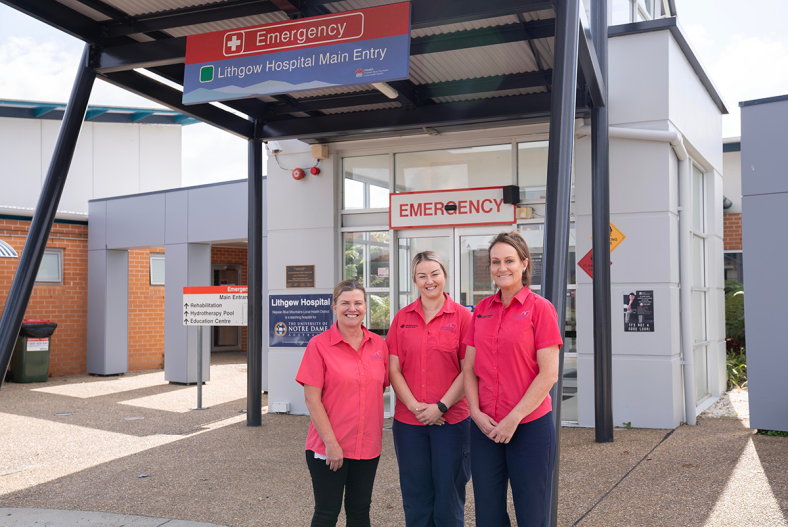The World Health Organization (WHO) and the UN’s Special Programme on Human Reproduction (HRP) have launched a new series on maternal and newborn care for a positive postnatal care experience in BMJ Global Health with
six articles presenting evidence on the importance of understanding women’s,
parents’ and health workers’ perspectives and a rights-based approach to
strengthen quality postnatal care, for every woman and newborn, everywhere.
The series of papers supports the WHO recommendations on maternal and newborn care for a positive postnatal care experience. This includes provision of essential care that all women and newborns need following pregnancy including how to identify anything requiring additional care, and how to connect those in need to services. Follow up care includes postnatal check-ups six weeks following delivery that promote a healthy lifestyle with good nutrition, detecting and preventing diseases, and ensuring access to sexual and reproductive health including postpartum family planning are key to quality postnatal care.
The first paper in the series, Stakeholder’s perspectives of postnatal discharge: a qualitative evidence synthesis, highlights the critical opportunity when a patient is discharged to ensure that women, parents, and newborns receive support for the transition from the health facility to care in the home following birth. Women and midwives expressed frustration at the lack of time and resources available for ensuring adequate quality of care prior to discharge. The physical, emotional and social needs of women and families must be considered during this process, as recommended in the latest WHO postnatal care recommendations.
Three other papers in the series summarize qualitative evidence on factors that influence uptake of postnatal care.
- Factors that influence the uptake of postnatal care among adolescent girls: a qualitative evidence synthesis, presents evidence that adolescent girls face unique challenges and barriers in seeking and benefiting from postnatal care. Postnatal care services need to adapt to the needs of adolescents and young people by creating a safe space without judgment and stigma.
- Factors that influence the uptake of postnatal care from the perspective of fathers, partners and other family members: a qualitative evidence synthesis, shows how fathers, partners, and other family members can influence women’s access to postnatal care. Adopting a more family-centred approach that better engages influential family members is needed to increase use of postnatal care services for women and newborns, self-care of women and home care practices.
- Immigrant women’s and families’ views and experiences of routine postnatal care: findings from a qualitative evidence synthesis, calls attention to the challenges faced by immigrant women and families in navigating unfamiliar health systems. Many women feel isolated and struggle with language barriers and cultural differences in care. Health systems need to provide more integrated information and support to immigrant women and families to improve their experience of care and health outcomes.
Another paper in the series, Integrating international policy standards in the implementation of postnatal care: a rapid review, highlights that existing international legal and political documents largely align with the domains of the WHO recommendations on maternal and newborn care for a positive postnatal experience.
These influential documents can be used by advocates and country programme managers to create a supportive environment for high quality postnatal care by tying these efforts to fundamental human rights obligations. To improve maternal and newborn health outcomes, critical areas to address include providing access to birth registration, information and services on family planning, support for breastfeeding, paid maternity leave and family benefits, and protection from hospital detention after childbirth or harmful marketing of breastmilk substitutes.
The Postnatal care commentary connects the 2022 guideline with the 2016 WHO recommendations on antenatal care for a positive pregnancy experience and the 2018 WHO recommendations on intrapartum care for a positive childbirth experience, offering WHO’s comprehensive vision for quality care of women and newborns before, during and after pregnancy.
WHO provides technical guidance for skilled health personnel and trained community health workers who support women and newborns after birth. Findings from these papers have informed the development of an integrated toolkit to support national and sub-national implementation of WHO recommendations on antenatal and postnatal care to be published early 2024.
This series follows the publication of a Lancet Global Health and eClinicalMedicine Series on maternal health during the perinatal period and beyond, which calls for a holistic approach to maternal and newborn health, with the evidence that pregnancy and childbirth are not a single health event that occur in isolation. Instead, maternal health is interlinked to a person’s environment and their experiences before, during and after pregnancy.








